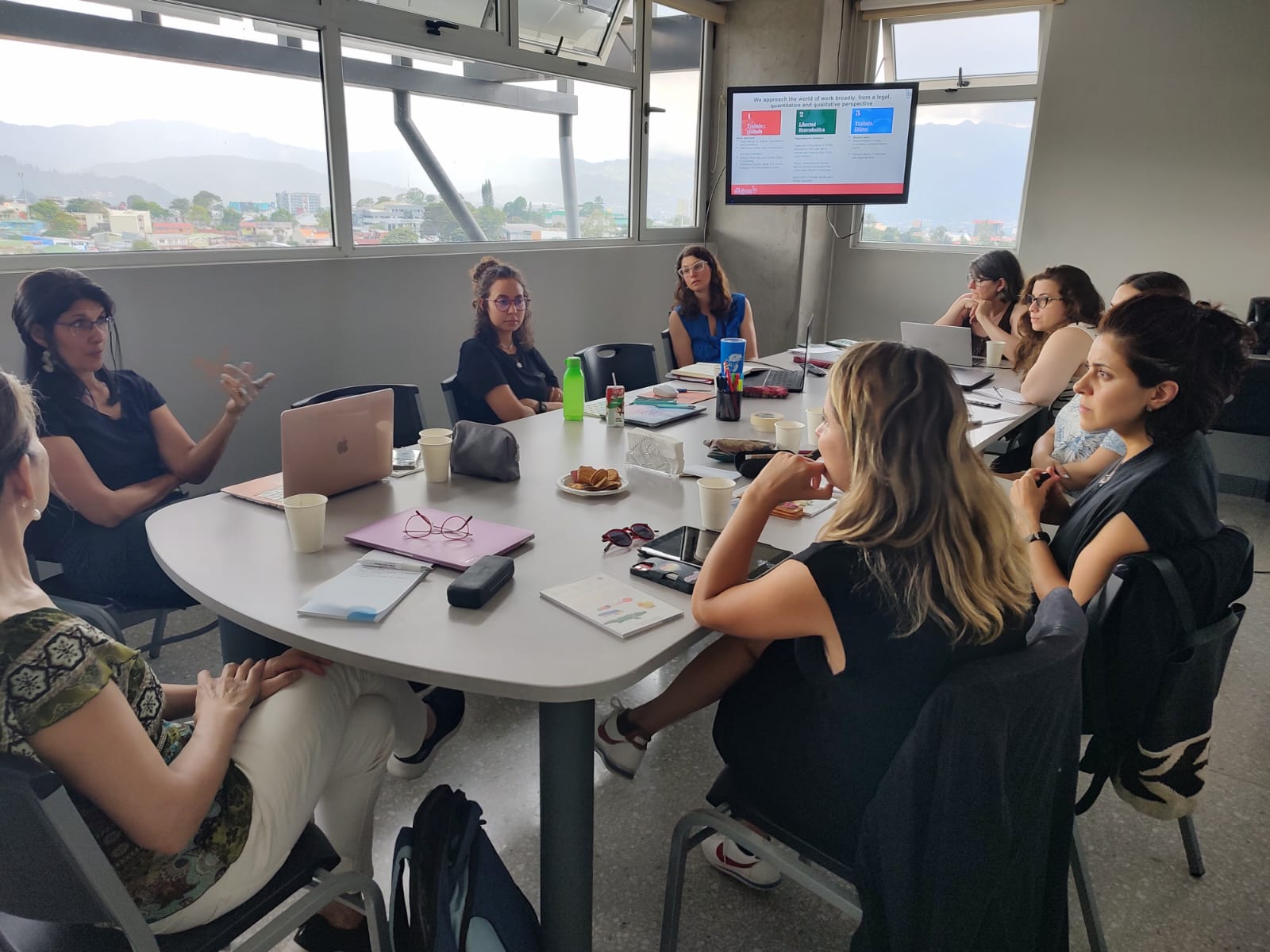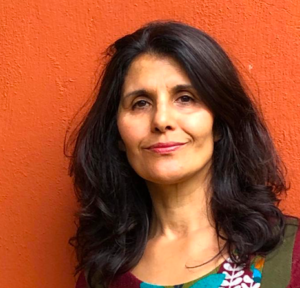
What do you think are the biggest issues facing your country’s care economy right now?
The greatest current challenge is the lack of public investment in the consolidation of a care system, which is necessary to comply with the perspective of a universalist policy. Consolidation of a care system would enable a social organization of care that can overcome the current gaps that cause responsibility of care to fall on families and most acutely on women. This consolidation project, however, requires creating fiscal space that it currently lacks.
What kind of change would you like to see in the next decade or so?
The social and cultural recognition of the right to care and social co-responsibility so that this right is consolidated. The co-responsibility of care is based on the connection of various social actors with a view to a society of care. In turn, it refers to the reorganization of care in gender terms, where women do not have the burden of care that currently characterizes society.
Care policies should not be considered exclusively focused or social inclusion policies. The only total and effective response to crises in the reproduction of life is given by universal, public and free institutions, by common spaces, where the State, market, community and family actively contribute to their development and management, under a logic of co-responsibility (Batthyány, 2024, p. 30).
What are the barriers to change?
Among the barriers, the lack of recognition of care work and its social valorization stands out. At the same time, the current fiscal situation of the State is a barrier, as the dominant perspective considers social investment as an expense rather than a necessity that, when strengthened, reduces existing inequalities.
How do you think the research data and the CGE models will help?
Showing qualitative and quantitative data on the current situation of the care economy in Costa Rica will enable political advocacy through making existing inequalities visible, as well as opportunities for political action to address them.
Can you describe what you have done so far?
We have reconstructed the background of the Social Care Policy in Costa Rica, seeking to identify the scope and limitations of this policy today. Additionally, we have worked to understand the ways in which care is organized in all its dimensions through the analysis of the national context.
References
La sociedad del cuidado y políticas de la vida / Andrea Comelin-Fornés… [et al.]; Coordinación general de Karina Batthyány; Valentina Perrotta; Javier A. Pineda Duque. – 1a ed – Ciudad Autó-noma de Buenos Aires: CLACSO; México: INMujeres; UNAM; Ginebra: UNRISD, 2024. Libro digital, PDF.
Related Profiles
-

Laura Rivera Alfaro
Professor & Researcher
-

Juliana Martinez Franzoni
Researcher

